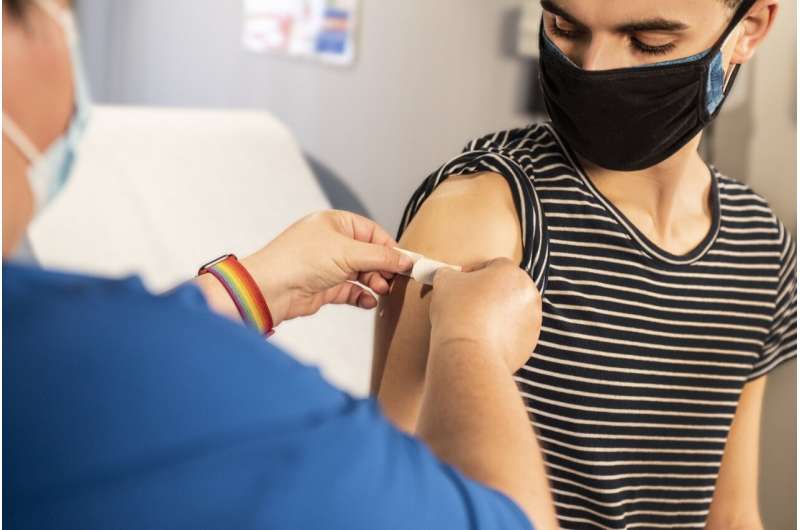The Impact of Wording in Parental Support for Adolescent Medical Consent, New Research Finds

A recent study conducted by researchers from Emory University's Rollins School of Public Health and Vanderbilt University Medical Center reveals that the way questions about adolescent medical support are phrased significantly influences parental support levels. The research highlights that support fluctuates notably depending on the framing of the inquiry.
The study focused on Tennessee's Mature Minor Doctrine, a policy that permitted adolescents to consent to certain medical treatments under specific conditions. During the COVID-19 pandemic, this doctrine gained widespread attention amid politicized debates over whether teenagers could independently receive vaccines, especially against parental wishes. State legislators temporarily limited the doctrine's application, citing concerns about public health messaging and care accessibility.
To investigate parental perceptions, the researchers surveyed 1,026 Tennessee parents, randomly assigning them to two groups. One group was presented with the doctrine's formal name, while the other was given practical examples illustrating adolescent medical decisions, such as college students receiving vaccines or teenagers speaking with a therapist. The results showed a significant difference: support was only 22.9% when the policy was described as the 'Mature Minor Doctrine,' but increased to 43.2% when framed through concrete examples.
Lead author Sarah Loch emphasized that this discrepancy demonstrates how political and health-related discussions are interpreted by parents. She noted that detailed, relatable explanations—like adolescents' access to mental health services or preventive vaccines—help parents understand the relevance of these policies for their children.
Following the study, Tennessee enacted the 2023 Mature Minor Clarification Act, which required parental consent for childhood vaccines, including COVID-19 vaccines. This legislative move raised concerns about potential declines in childhood vaccination rates. The researchers argue that the gap between political narratives and actual parental opinions underscores the need for clear, trustworthy health communication.
Senior author Dr. Stephen Patrick highlighted that misinformation has increased since the pandemic, leading to lower vaccination rates. Clear, accurate messaging from clinicians and public health agencies is crucial to align public perception with policy realities, especially when political movements influence health decisions.
This study illustrates the importance of effective communication in health policy, suggesting that how information is presented can significantly sway parental support for adolescent medical autonomy.
Source: https://medicalxpress.com/news/2025-04-wording-parental-adolescent-medical.html
Stay Updated with Mia's Feed
Get the latest health & wellness insights delivered straight to your inbox.
Related Articles
Global Cancer Deaths Expected to Surpass 18 Million by 2050 Amid Growing Disparities
By 2050, cancer deaths are projected to exceed 18 million globally, with most cases in low- and middle-income countries. Addressing risk factors and enhancing healthcare access are crucial to reversing this trend.
Avoiding Radioactive Iodine After Thyroid Cancer Surgery Can Improve Quality of Life for Low-Risk Patients
Recent clinical trial results suggest that low-risk thyroid cancer patients may safely skip radioactive iodine therapy after surgery, leading to better quality of life and fewer side effects. This breakthrough could transform treatment guidelines globally.
Link Between Allergic Rhinitis, Hearing Loss, and ADHD in Children
A recent study uncovers a significant link between allergic rhinitis, hearing impairment, and ADHD in children, highlighting the importance of comprehensive management of these interconnected conditions.
Innovative Optical Imaging Technique Promises Earlier Detection of Colorectal Cancer
A novel optical imaging method utilizing tissue autofluorescence and machine learning offers a promising tool for the early detection of colorectal cancer, potentially improving diagnosis accuracy during procedures.



